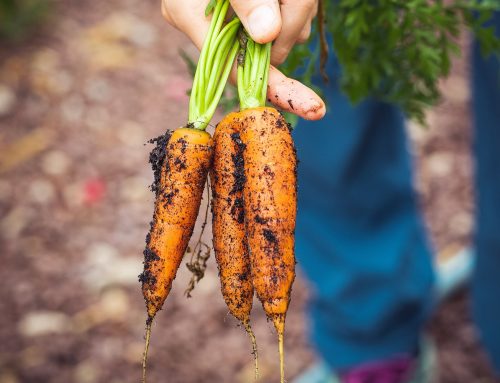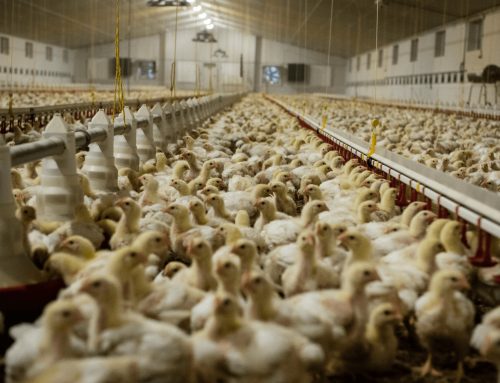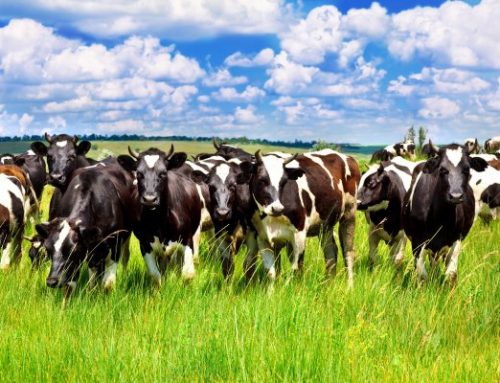
With rising concern over the environment, animal welfare and how businesses are treating their employees, ethical consumer spending has seen explosive growth. In 1999, the ethical consumer market was worth £11.2 billion. Fast forward to 2019 and that same market, which includes food, drink, energy, travel and clothing, is now worth £41 billion.
Consumers have become increasingly discerning about the provenance of the products they buy and in turn, this influences their purchasing behaviour. The current pandemic, and the limits this placed on our ability to travel, has led to a massive increase of online shopping, but paradoxically also greatly increased emphasis on shopping local and supporting smaller local businesses. Before the pandemic, 40% of people were choosing to shop local, but during the course of the pandemic this has increased to 60% indicating they would prefer to ‘shop local’.
The UK’s biggest manufacturing sector, food and drink, is increasingly being driven by ethical consumers as they become more aware of personal health, as well as employee – and animal – welfare. In 2018, this sector had an annual spend of £12bn. Whilst there is clearly an enormous appetite for ethical food and drink, which includes fairtrade, organic, vegetarian, plant-based and free-range eggs, there are still barriers when it comes to mass-adoption.
One of these barriers is pricing. A recent study found 45% of people are put off buying ethical products as they are deemed too expensive. The study also found that there was a lack of awareness of exploitation in the food chain (46% of participants). If lack of awareness, is part of the problem in increasing mass adoption, then producers can start to play their part in addressing this.
With global consumption patterns putting unsustainable stress on the earth’s ecosystems, two-thirds of which are now in significant decline, both consumers and producers need to play their role in increasing ethical consumerism.
As mentioned earlier, there is a keen consumer desire for ethical food and drink. For example, Fairtrade sales increased by 13.7% between October 2019 and October 2020 and organic food sales increased by 19% in the 12 weeks ending May 2020, suggesting a preference for high quality. Since the start of the Covid-19 crisis, March 2020, demand increased by a further 60% to November 2020.
A recent IET consumer report across 18 EU countries showed UK consumer perception is of UK upholding higher ethical values, with 42% of UK consumers confident food products are ‘generally’ produced in a sustainable way – this encompasses everything from provenance and less packaging to low carbon or reduced use of chemicals – comparative to a country average of about 30% across the other 17 European participants.
The report also stated there is a ‘clear opportunity…to match consumer demand for more environmentally friendly and healthy products, and for the industry to prove they are acting in the public interest as well as in the interest of the planet’.
So, producers should shout about their ethical credentials and look for opportunities to improve in areas such as packaging and sustainability. A service making this information easy for producers to publicise, and simple for buyers and consumers to access, is UKFoodWeb. It is a convenient ‘one-stop’ service for everything consumers may want to know about producers and their products. It covers everything from company backstory, marketing and recipe videos, ethical credentials such as corporate responsibility and sustainability, through to product provenance, allergens reporting and packaging materials and even carbon footprint labelling.
For businesses, such as restaurants looking to source ethical produce, UKFoodWeb is the ideal solution. The service is designed to address a specific market need: to provide a national database of SME producers and farmers that can be easily searched on a local or national basis, providing any and all information that customers may need in one place. This includes allergen and nutritional information for individual products, as well as detailed information about the brand to help drive emotive engagement. A badge system enables a very quick visual, and searchable, reference guide on company values such as supporting their local community, sustainably sourced ingredients, no plastic packaging and organic certifications.
Ethical consumers want to support and purchase from businesses that match their personal values. Online services such as UKFoodWeb remove guesswork and wasted time spent seeking out ethical producers, whilst affording fantastic opportunities for producers to pinpoint new customers on a regional or national basis, even export markets, reducing wasted time and money to access new markets and enabling collaboration between like-minded businesses.
There is no doubt that we are seeing a steady rise in ethical consumerism, and reports suggest that is only set to grow over the coming years. With everything from an increased intention to reduce single-use plastic post-pandemic to 60% of consumers indicating that the will be shopping locally, there is a clear trend in consumers becoming increasingly concerned with the ethics and morals of producers. By using a resource like UKFood Web, businesses can be armed with the information they need to help them stand out and appeal to the ethical consumer.
For further reading:
Ethical Consumer: Ethical Consumer Market reports over the past 10 years






